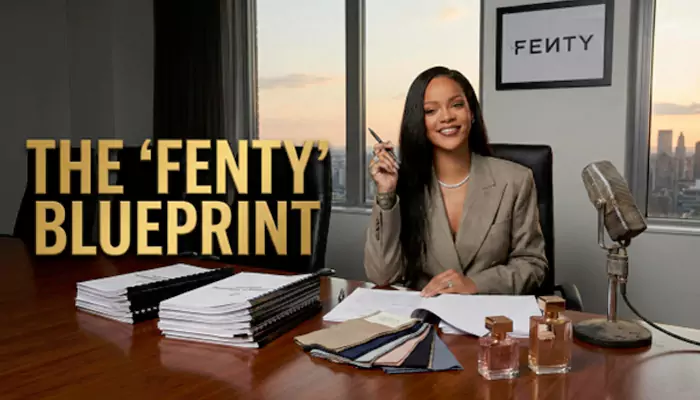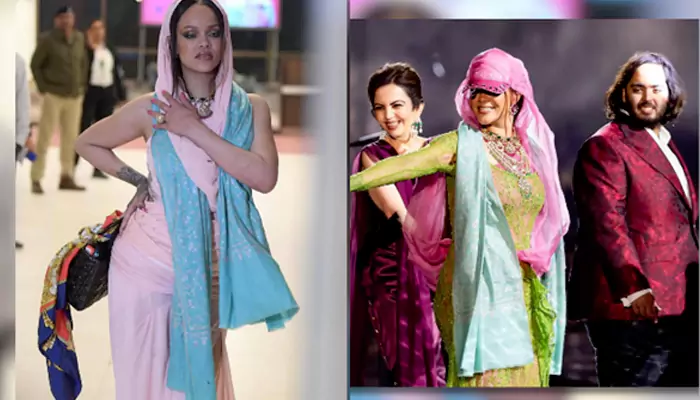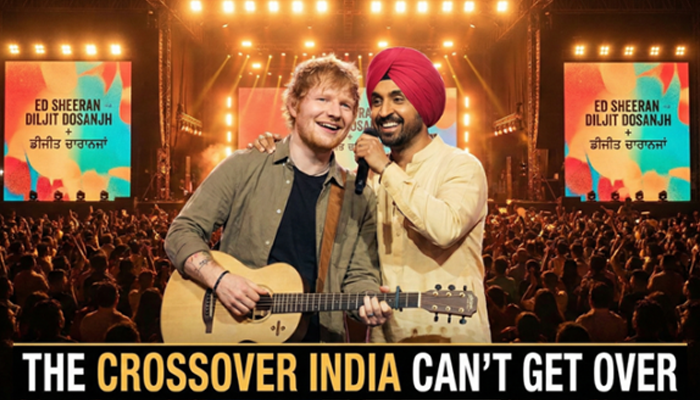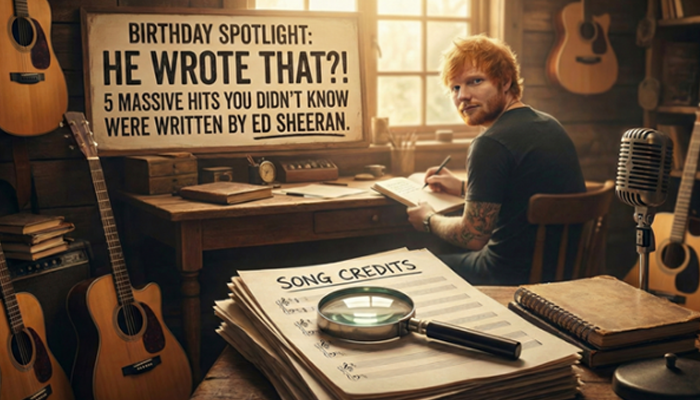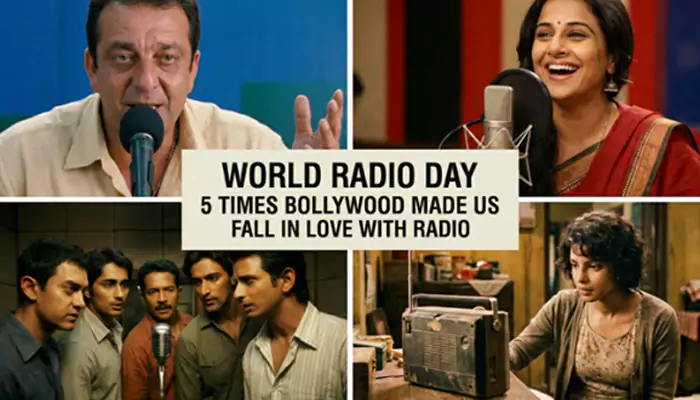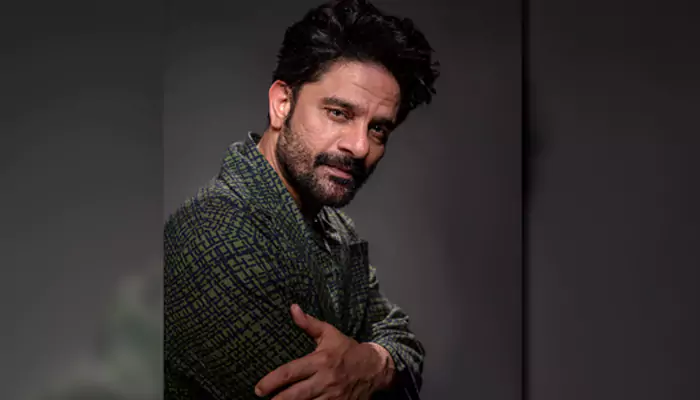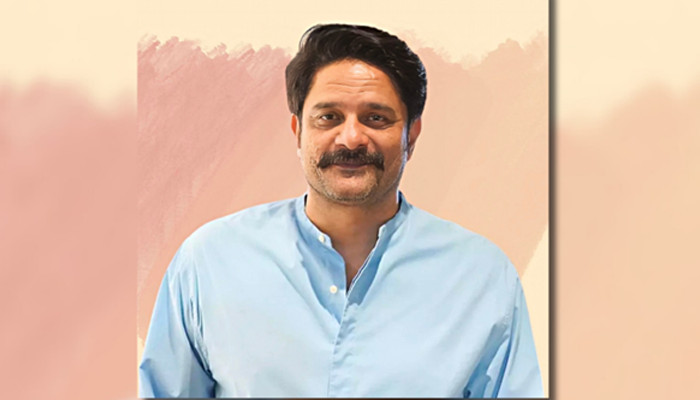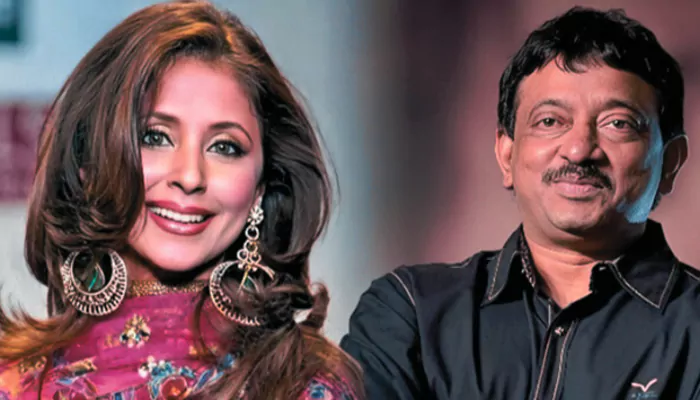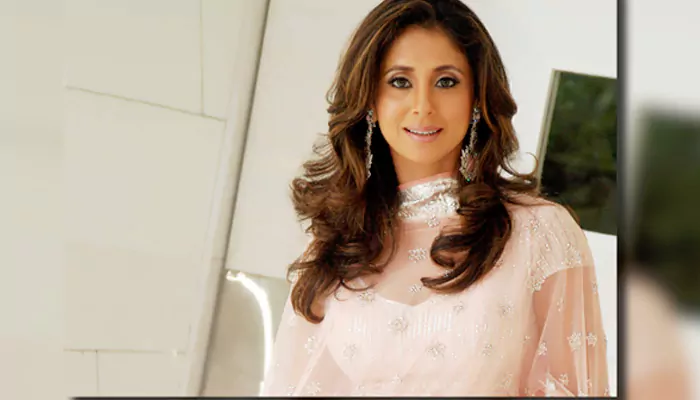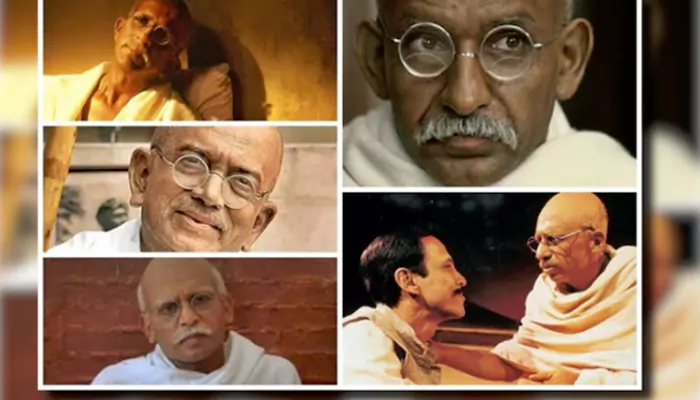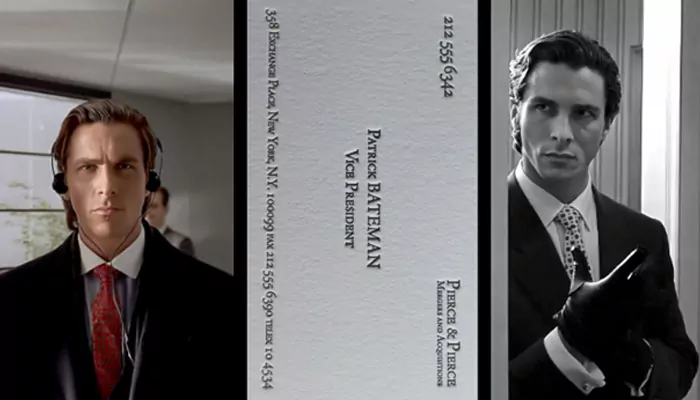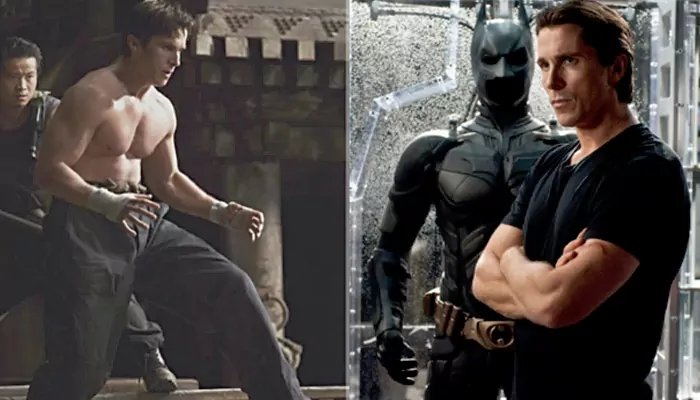The Rise Of Influencer Culture At Coachella – How Social Media Shapes The Experience
- Admin
- 1 year ago
- 4 minutes read

Coachella, the iconic music and arts festival held annually in Indio, California, has evolved from a purely musical event into a cultural phenomenon.
This transformation has been significantly driven by the rise of influencer culture and the pervasive influence of social media. Today, Coachella is not just about the performances but also about fashion, trends, and social statements, all amplified through the lenses of social media influencers. Here’s how influencer culture at Coachella is shaping the festival experience:
The Transformation of Coachella into a Fashion Showcase
Initially celebrated for its musical lineups, Coachella has morphed into a fashion hotspot. Influencers, with their curated outfits and distinctive styles, use the festival as a backdrop for fashion shoots. Brands are eager to capitalize on this trend, often sponsoring influencers to wear their products. This has turned the festival grounds into a runway, where festival-goers are as many attendees as they are models showcasing the latest in festival fashion.
The Role of Social Media in Amplifying Experiences
Social media platforms like Instagram, Snapchat, and TikTok have become integral to the Coachella experience. Influencers use these platforms to post live updates, behind-the-scenes glimpses, and stylized photoshoots, reaching audiences worldwide. This continuous streaming creates a FOMO (fear of missing out) effect among those not present, amplifying the allure of the festival and influencing ticket sales and viewership.
Influencers as Trendsetters

Influencers have the power to set and shift trends. A particular style of dress or accessory worn at Coachella can become a viral trend overnight. For instance, floral crowns saw a rise in popularity coinciding with their prominence in influencers' Coachella wardrobes. This trend-setting role of influencers not only affects fashion but also music preferences, festival food, and lifestyle choices, influencing what is sold and promoted at the festival.
The Commercialization of Coachella
The symbiotic relationship between influencers and brands has led to increased commercialization at Coachella. Brands see the festival as a perfect opportunity to advertise products in a setting that guarantees high visibility and engagement. Pop-up shops, exclusive parties, and branded experiences have become as much a part of Coachella as the music itself. Influencers, by promoting these aspects, help brands tailor their marketing strategies to fit the festival environment.
The Impact on Music and Artists
While Coachella remains a music festival at its core, the presence of influencers can overshadow the musical aspects. Influencers may focus more on the experiential and visual components of the event rather than the performances. This shift can impact emerging artists who might not receive the same level of attention as more established acts or those that appeal more visually and socially to influencer audiences.
Changing the Narrative of Coachella
Influencers have the power to shape the narrative around Coachella. Through their posts and stories, they can highlight certain aspects of the festival while ignoring others. This power to influence public perception can alter the traditional experience of Coachella, focusing more on personal branding opportunities rather than the communal celebration of music and art.
The Creation of Exclusive Experiences
As influencers command large followings, their presence at Coachella often necessitates VIP treatment and exclusive access to events, which are then glamorized on social media. This exclusivity changes the festival dynamics, creating tiers of experiences that can make parts of Coachella seem out of reach for average attendees. This division can affect the overall atmosphere, turning what was once a unifying event into a hierarchy of access and visibility.
Authenticity vs. Commercial Influence
The rise of influencer culture at Coachella brings up questions about authenticity. While influencers undoubtedly add glamour and visibility to the festival, it raises concerns about whether their presentations are a true reflection of the event or a curated version aimed at maximizing engagement and profits.
Influencer culture has undeniably transformed Coachella, influencing not just what is seen and heard but fundamentally how the festival is experienced. This transformation reflects broader trends in how we consume culture and entertainment today – through the filtered lens of social media, where every moment is optimized for maximum engagement and impact

